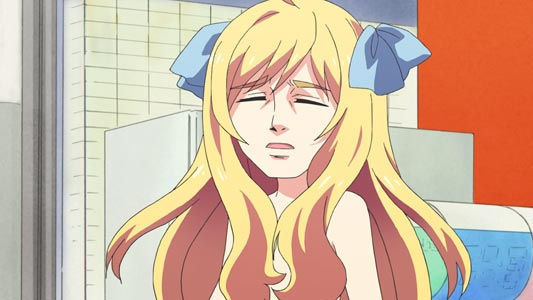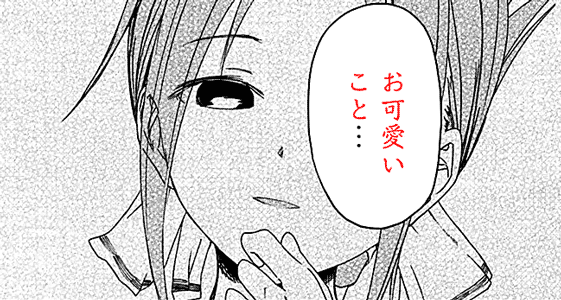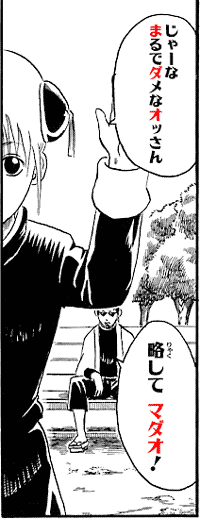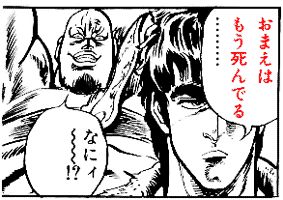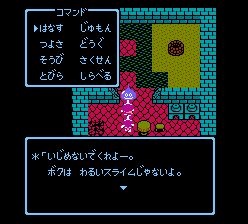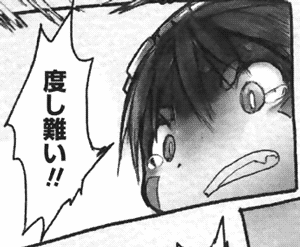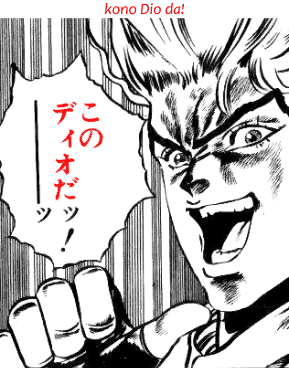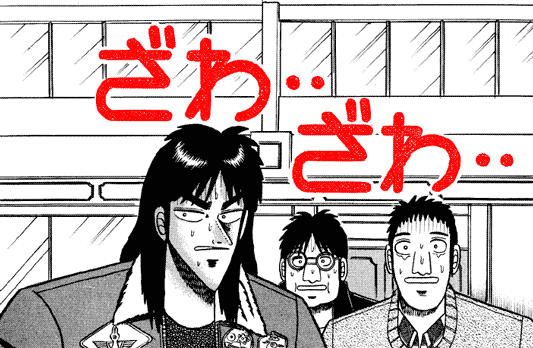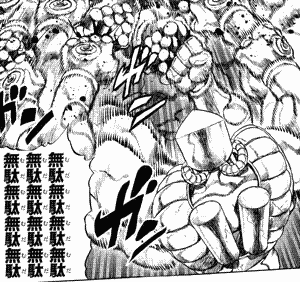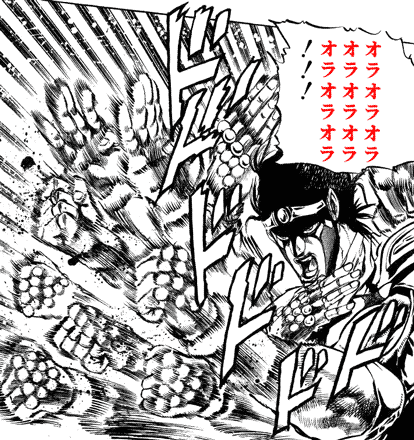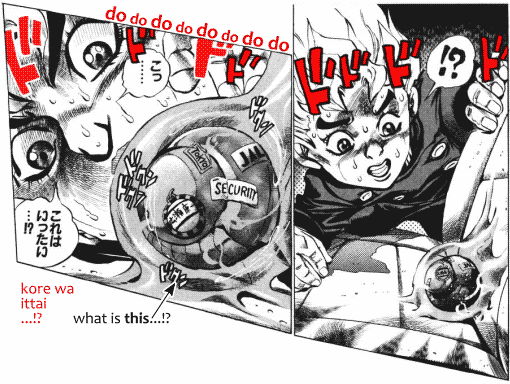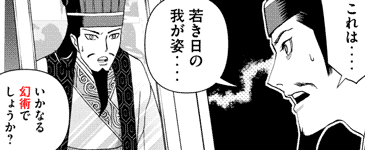Sarazanmai さらざんまい
...
Okay you won't be able to understand the anime, but you'll be able to understand the Japanese part of the anime, and that's one step, at least, so let's content ourselves with that. Anyway.
THIS ARTICLE CONTAINS SPOILERS!!! The first part of the article assumes you have already watched at least the first episode. After that, there's a second spoiler warning, and sections spoiling each and every episode. So scroll with caution!
